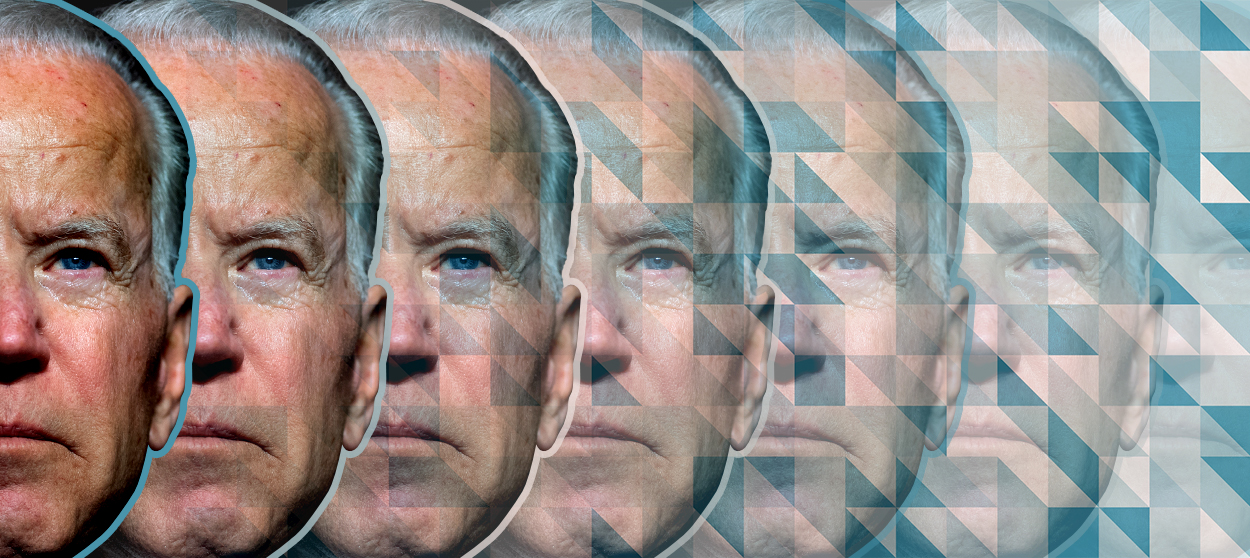Israel Has To Choose a Side between the United States and China
It’s not easy to choose between a hamburger and chow mein, especially if you like both of them. That’s how it is in the culinary world, and it is even harder in the political world. Following the establishment of diplomatic relations between China and Israel, economic and various other ties, including in the realm of security, developed quickly. The scope of trade between the two countries in recent years has been between $12-15 billion per year, and made China Israel’s third-largest trading partner, after Europe and the United States.
Due to the sensitivity of the matter, not everyone is aware of how awkward the security cooperation can be; there certainly have been ups and downs, mostly as a result of American involvement. In 2000, American pressure led to the cancellation of an enormous deal to provide planes to China; there have also been other instances of this happening. Israel has always tried to prevent the flow of American information to China, but this has not prevented the Americans and others from sometimes spreading false information about it.
In my book, “Diplomat,” I offered the example that in 1992, the Washington Times published information that claimed that Israel, despite its clear commitments to the United States, supposedly transferred sensitive technology about the Patriot missiles, and perhaps even even about rockets, to China. The article quoted “American intelligence sources;” clerks in the State Department and the Pentagon who were asked to respond to the allegations. In off-the-record conversations they said that the accusations were “serious.” Even the prestigious Wall Street Journal accused Israel of passing American military technology to China and other countries. Even worse, in Congress they were alarmed and passed the investigation to the Government Accountability Office.
Authorized sources in Israel announced that these accusations were baseless, but U.S. government spokespeople refused to flat out contradict them, even though they knew they were false. Only after I demanded an official retraction from Secretary of State Lawrence Eagleburger did the subject drop off the radar.
But, despite these real and imagined hiccups, economic and other relations between Israel and China continued to develop. Chinese companies invested in different areas of infrastructure and technology; they have played an important role in the expansion of the Israeli ports.
This invasive trend is not limited to material goals, as we can see from the news that a branch of a Chinese university is about to open in Israel in October, under the leadership of General Matan Vilnai, former Israeli ambassador to China. The branch of the university will teach Chinese and will organize study-abroad programs in China. This sounds innocent enough, but these types of institutions from a totalitarian state are usually designed to spread hidden propaganda and political and cultural influence.
From the point of view of China, these investments and other activities constitute part of the Chinese Belt and Road Initiative, which merges economic and geostrategic goals. And if closer relations between Israel and China worried Washington in the past, now the subject has become more critical given the increasing global tension between America and China.
The Trump administration already warned Israel about deepening its connections with China, but the multifaceted relationship with China has become a central issue in Joe Biden’s foreign policy. In July of this year, the administration officially blamed the Chinese Ministry of State Security for a cyberattack on Microsoft and called China’s activities “a major threat to U.S. and allies' economic and national security."
U.S. Defense Secretary Lloyd Austin put out a statement acknowledging that “China is the most significant challenge for the U.S. going forward,” and the president himself, in his meetings with the leaders of Europe, called for the establishment of a unified front versus the Chinese trends.
In his new book “The Long Game,” China expert Rush Doshi, one of Biden’s political advisors, writes that China’s goal is to rise to complete world supremacy over America in the next 30 years. Not everyone agrees with that assessment, but as long as that is the guiding principle of American foreign policy, Israel — even though its connections with China are important — cannot ignore it. That is because America is a primary strategic ally, and half of the world’s Jewish people live there. Of course, it would be great if we could have chow mein AND hamburger, but if we have to make a choice Israel will have to choose hamburger — that is, America.

